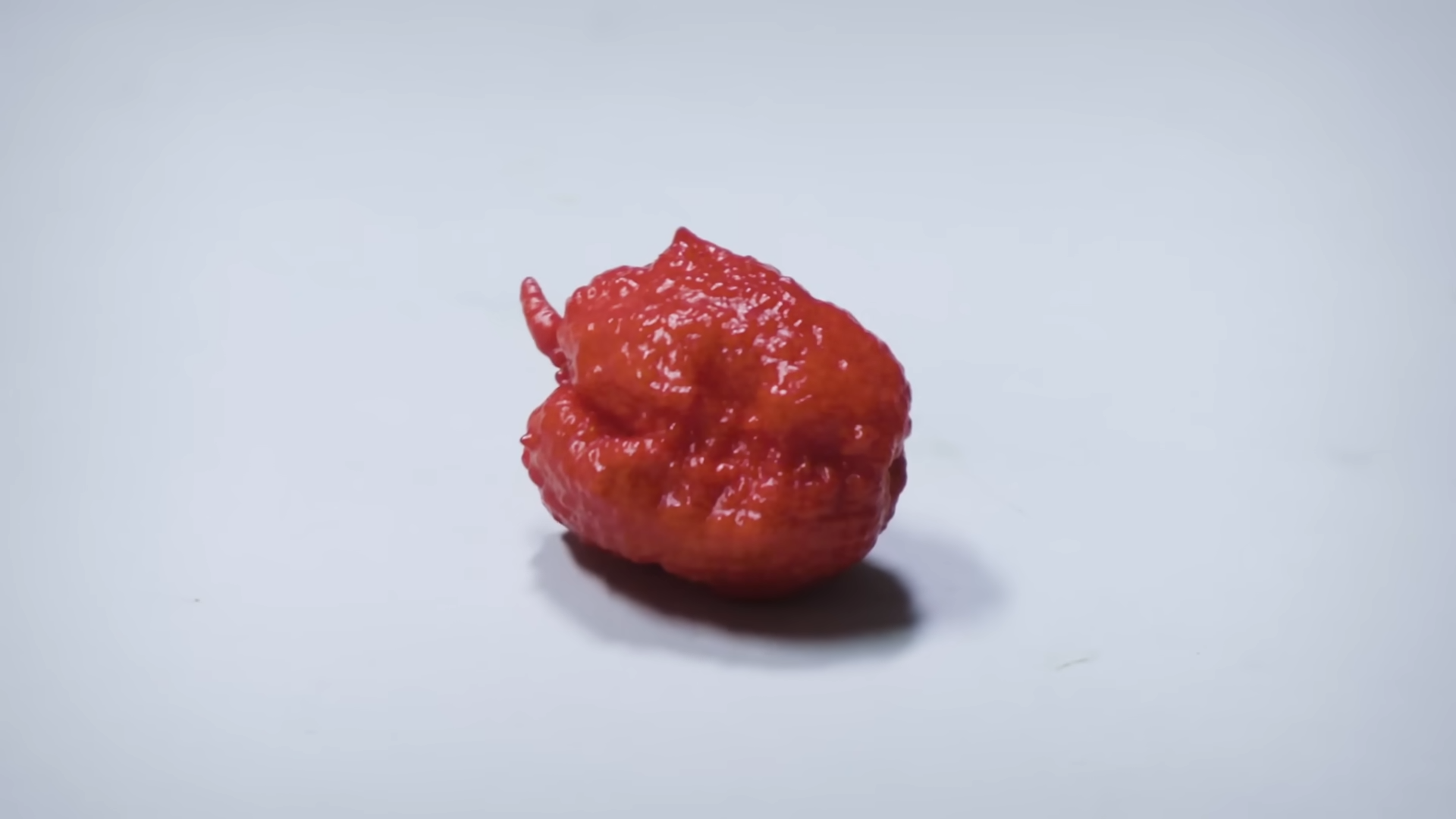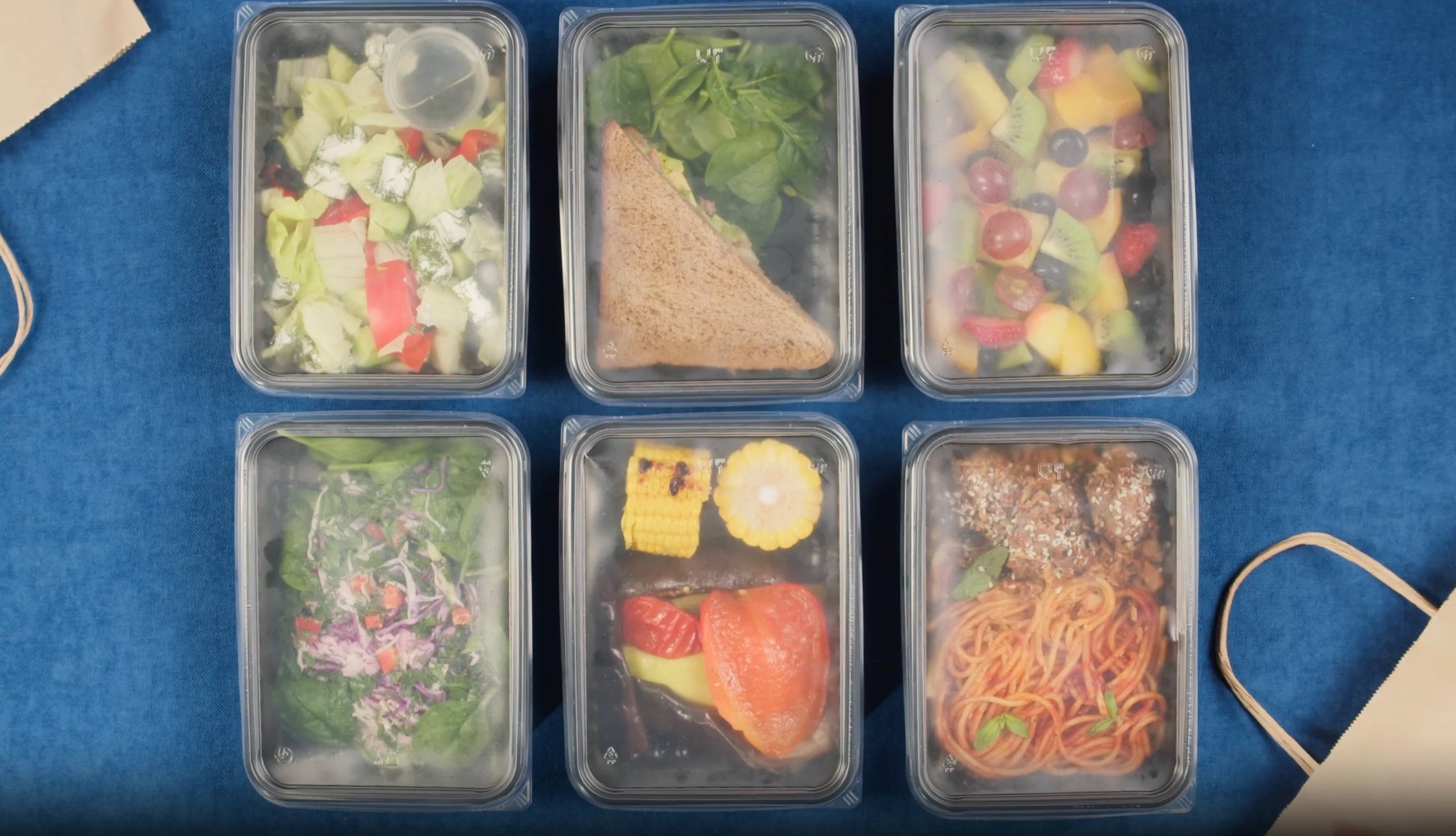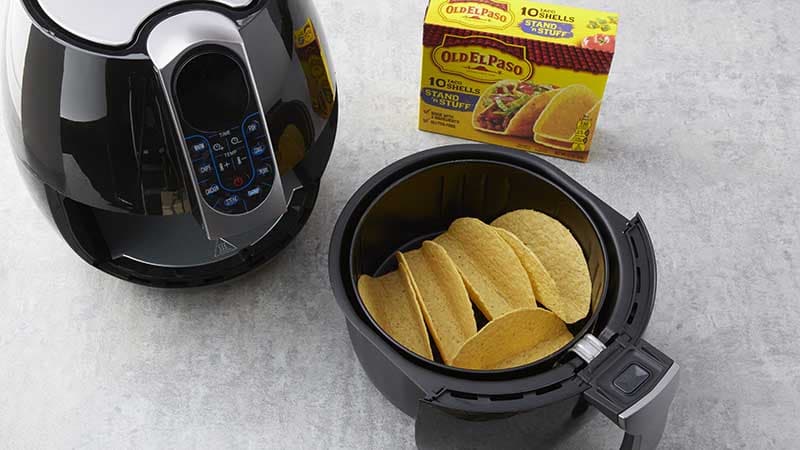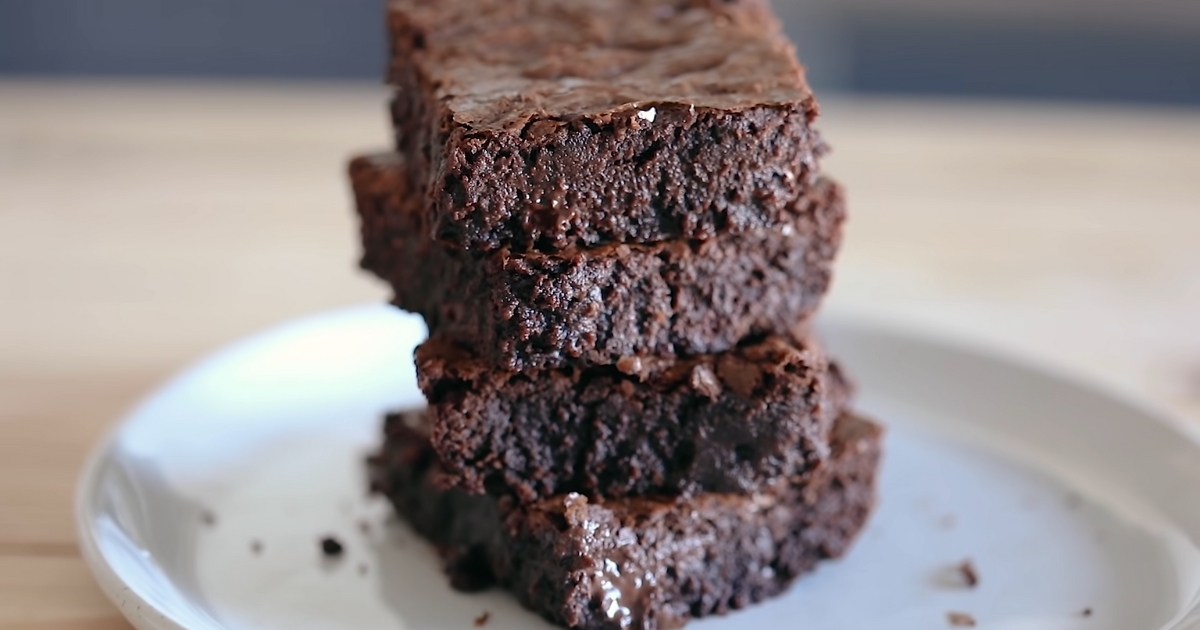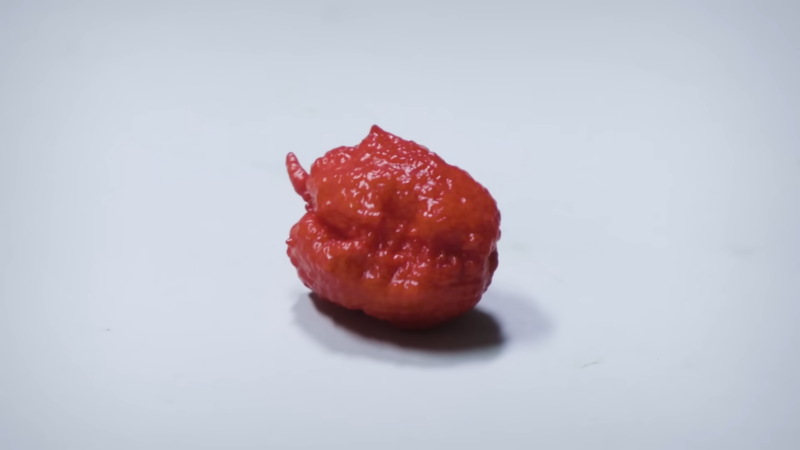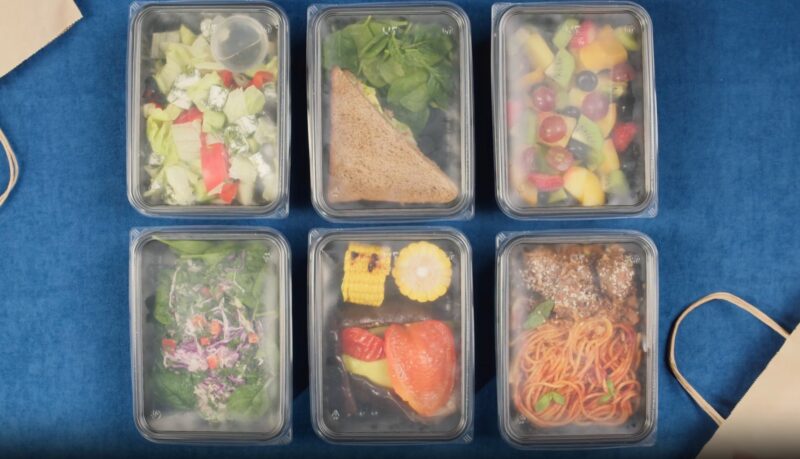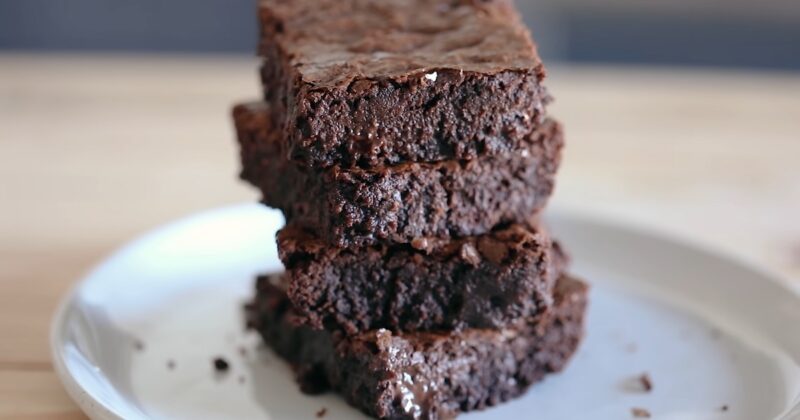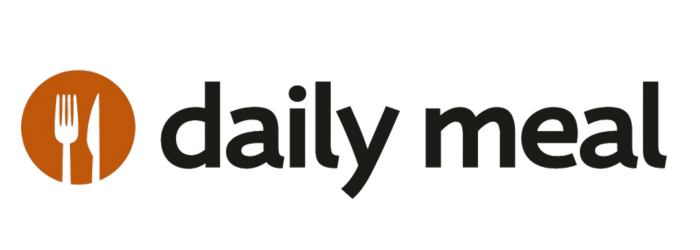
Ah, popcorn! That delightful, crunchy snack that’s a staple at movie theaters and cozy nights in.
But here’s a question that’s been popping up (pun intended) quite often: Is popcorn gluten-free? As someone who’s had to take note of their gluten intake, I’ve decided to shed some light on this topic.
So, grab your favorite bowl, and let’s get into it!
The Basics?
A protein found primarily in wheat, barley, and rye. It’s what gives bread its chewy texture and allows it to rise.
For most, it is harmless. However, for individuals with celiac disease or gluten sensitivity, consuming gluten can lead to a range of health issues, from digestive problems to more severe reactions.
Fun Fact: Did you know that gluten can also be found in products you wouldn’t expect, like cosmetics and medications?
The Popcorn Ingredient

In its purest form, it comes from corn kernels. When these kernels are heated, they explode (or “pop”) to form the fluffy snack we all love. The primary ingredient is well, corn! And corn is naturally gluten-free.
Pro Tip: When buying popcorn kernels to make at home, always check the label to ensure no additives or flavorings containing gluten have been added.
Naturally Gluten-Free?
Yes, popcorn in its natural state is gluten-free! As mentioned earlier, it’s derived from corn, which doesn’t contain any.
However, it’s essential to be cautious about how it’s prepared and what additives or flavorings are used, as these could introduce gluten to the mix.
Interesting Fact: Popcorn has been enjoyed for thousands of years. Ancient popcorn kernels, believed to be over 4,000 years old, were discovered in Mexico!
Potential Sources of Contamination
There are potential sources of gluten contamination to be aware of. Cross-contamination can occur at various stages, from the farmer’s field to the manufacturing process.
Even bulk food purchases at stores or preparation in your own kitchen can introduce gluten to your treat. For instance, if the same equipment is used to process wheat and popcorn without proper cleaning, there’s a risk of contamination.
Pro Tip: Always ensure your popcorn is prepared in a gluten-free environment, especially if you have severe sensitivities.
Cross-Contamination Concerns

Cross-contamination is a significant concern for those with celiac disease or sensitivities. Even trace amounts can cause reactions in sensitive individuals.
If corn is grown in fields alongside gluten-containing grains like wheat or barley, or processed in facilities that handle these grains, there’s a risk of cross-contamination.
Interesting Fact: Did you know that even spices used on popcorn can be a source of gluten? While individual herbs and spices are safe, some manufacturers might add wheat flour or wheat starch to cut costs, especially in imported spices.
Reading Labels and Certifications
To ensure you’re getting gluten-free, always read the labels. In the United States and Canada, food regulations require any wheat-based ingredient to be declared on the label. If you’re particularly sensitive, look for popcorn that has a certification, which means it meets specific standards set for gluten-free products.
Homemade vs. Store-Bought
When it comes to ensuring your popcorn is gluten-free, making it at home might be the safest bet. This way, you have control over the ingredients and can ensure no cross-contamination occurs.
Store-bought, especially those with added flavors, might have been processed in facilities that also handle gluten-containing products. Always check the packaging for any gluten-free certifications or warnings about potential cross-contamination.
Pro Tip: When making popcorn at home, use separate utensils and bowls if you also cook with gluten-containing products.
Microwave Popcorn
Microwave popcorn is a convenient snack, but is it gluten-free? The answer largely depends on the ingredients and flavorings used.
While the corn kernels themselves are, additives or flavorings can introduce gluten. When making it, it’s essential to read the ingredient list. If you’re looking for a simple and safe option, you can make your own microwave popcorn using raw kernels and a brown paper lunch bag.
Just add the kernels to the bag, fold the top, and microwave until the popping slows down. This way, you can be sure of what’s in your popcorn and season it with your choice of gluten-free toppings.
Fun Fact: You can customize your microwave popcorn with various gluten-free seasonings, from simple salt and butter to more exotic flavors!
Flavored Popcorn
Flavored popcorn varieties can be a treat, but they also come with potential risks. Some flavorings, especially those that are commercially produced, might contain gluten-containing ingredients.
Common culprits include malt flavoring, wheat starch, brewer’s yeast, and even some soy sauces. Always read the label carefully, and if in doubt, opt for plain popcorn and add your own seasonings.
Pro Tip: If you’re particularly sensitive, reach out to popcorn manufacturers directly to inquire about their processing practices and ingredients.
FAQ
How can I ensure my popcorn seasoning is gluten-free?
Always check the ingredient list on the seasoning’s packaging and look for a certification.
Can air-popped popcorn contain gluten?
Air-popped popcorn made from pure corn kernels is gluten-free, but always ensure no cross-contamination occurs during preparation.
Are movie theater popcorns safe for those with celiac disease?
It’s best to ask the theater about their preparation process and ingredients used, as there might be a risk of cross-contamination or added flavorings.
Do all gluten-free certifications have the same standards?
No, different certifications might have varying standards. It’s essential to research and understand the criteria of each certification.
Is it safe to eat popcorn from bulk bins in grocery stores?
There’s a higher risk of cross-contamination in bulk bins. It’s safer to buy packaged popcorn that’s labeled.
Can I trust all brands that label their popcorn as gluten-free?
While many brands are trustworthy, always do your research, read reviews, and check for certifications to be sure.
Conclusion
Popcorn, in its natural form, is a gluten-free delight. However, the journey from kernel to your bowl can introduce potential sources, especially in commercially produced varieties.
Whether it’s cross-contamination during manufacturing, additives in microwave popcorn, or flavorings in gourmet varieties, there are several points where gluten can sneak in. The key is to be informed, read labels, and when in doubt, make your own.
With a bit of vigilance, you can enjoy this crunchy snack without worries!
Related Posts:
- Is Cornstarch Gluten Free? Everything You Need to Know About
- 10 Ways to Get Rid of Burnt Popcorn Smell in Your…
- 7 Best Oil for Popcorn 2023 - Perfectly Delicious Snack
- Can you Pop the Corn on a Corn-On-The-Cob: Sweetcorn…
- Can Popcorn Expire? Poppin' Facts
- Is Popcorn a Good Protein Snack? More Than Just a…

